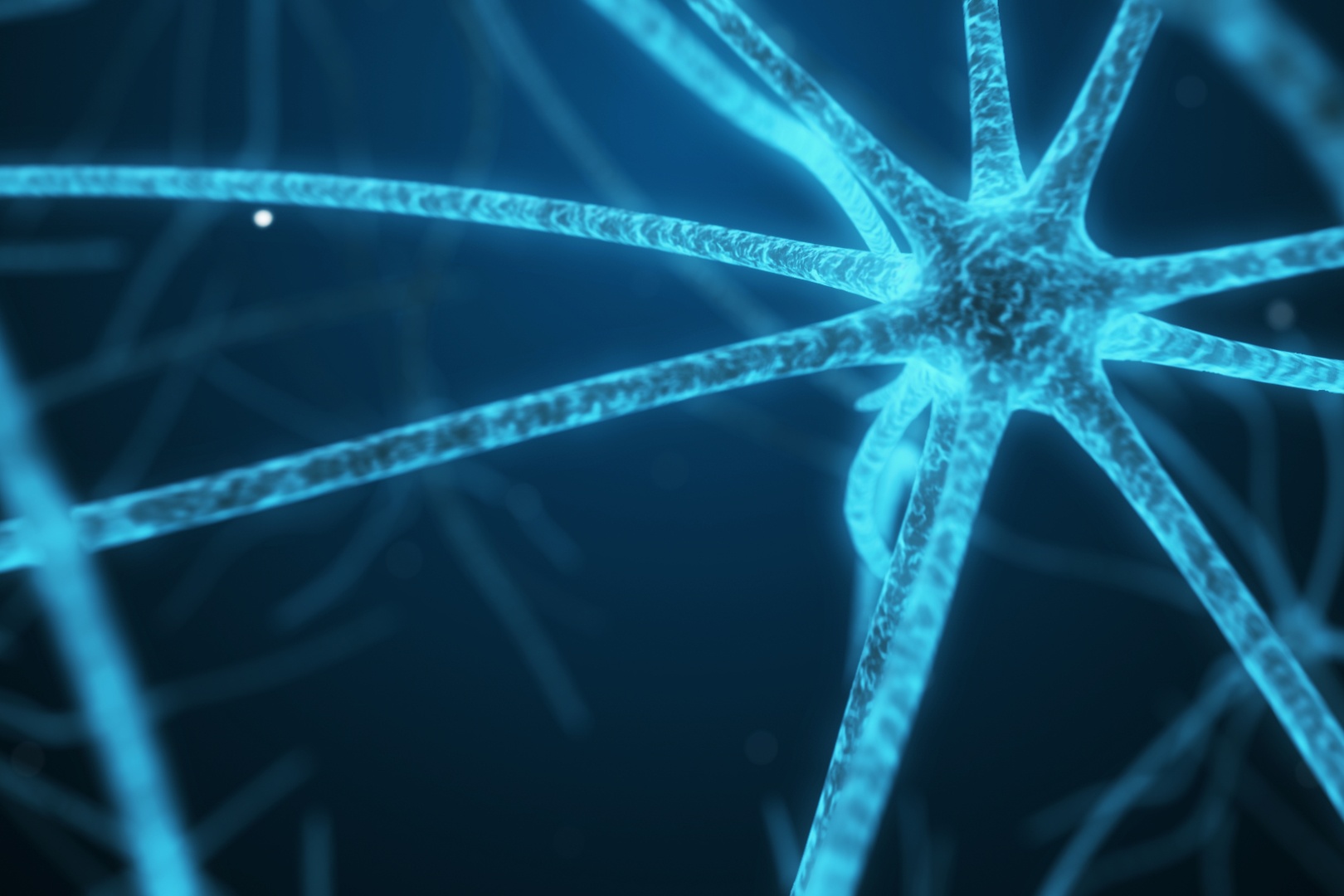The EarlyCause Project

What is ELS?
Early life stress (ELS) is the experience of stressful or adverse conditions during a child’s development, beginning anywhere from pregnancy to adolescence. When prenatal, ELS may be experienced because of maternal stress during pregnancy, while after birth, it can result from adverse events such as child abuse (sexual, physical, emotional) and neglect (emotional, physical), parental loss (death, separation), disease, accidents, exposure to war or terrorism-related events and/or natural disasters.
Why does it matter?
ELS matters because it can have a long-lasting impact on a child’s development, health and wellbeing. For example, ELS can affect a child’s neurodevelopment increasing the risk of cognitive, emotional and behavioural problems. In addition, ELS can dysregulate important physiological functions affecting the way a child may respond to future stressors. Importantly, ELS is a key determinant of health, not just early in life, but across the lifespan. It is known to dramatically increase the risk to develop a mental or physical illness and has been repeatedly associated with depression, anxiety, personality disorder but also cardiovascular, metabolic and autoimmune diseases, and possibly cancer. However, the biological mechanisms through which ELS affects health remain unclear.


What is EarlyCause investigating about ELS?
EarlyCause is investigating how ELS causes diseases in adulthood. Its approach is original and novel because it examines which aspects of ELS are linked to the concomitant development of psychological, cardiovascular and metabolic diseases together, a phenomenon called co-morbidity, which is responsible for the increased mortality linked to ELS. Further, EarlyCause assesses whether these co-morbid symptoms can be diminished or prevented by intervention to avoid disease. EarlyCause combines studies in large cohorts of humans across Europe and in validated cellular and animal models to identify the chain of molecular and biological events that are activated in the brain and body by ELS and result in clinical symptoms.
What is the expected impact?
The expected impact is to reveal how ELS results in mental and physical disorders, and how its effects can be prevented. It will identify new biological markers and facilitate the diagnostic of ELS diseases as well as the development of novel treatment strategies. EarlyCause is expected to help improve health and welfare of vulnerable individuals for a better world.




